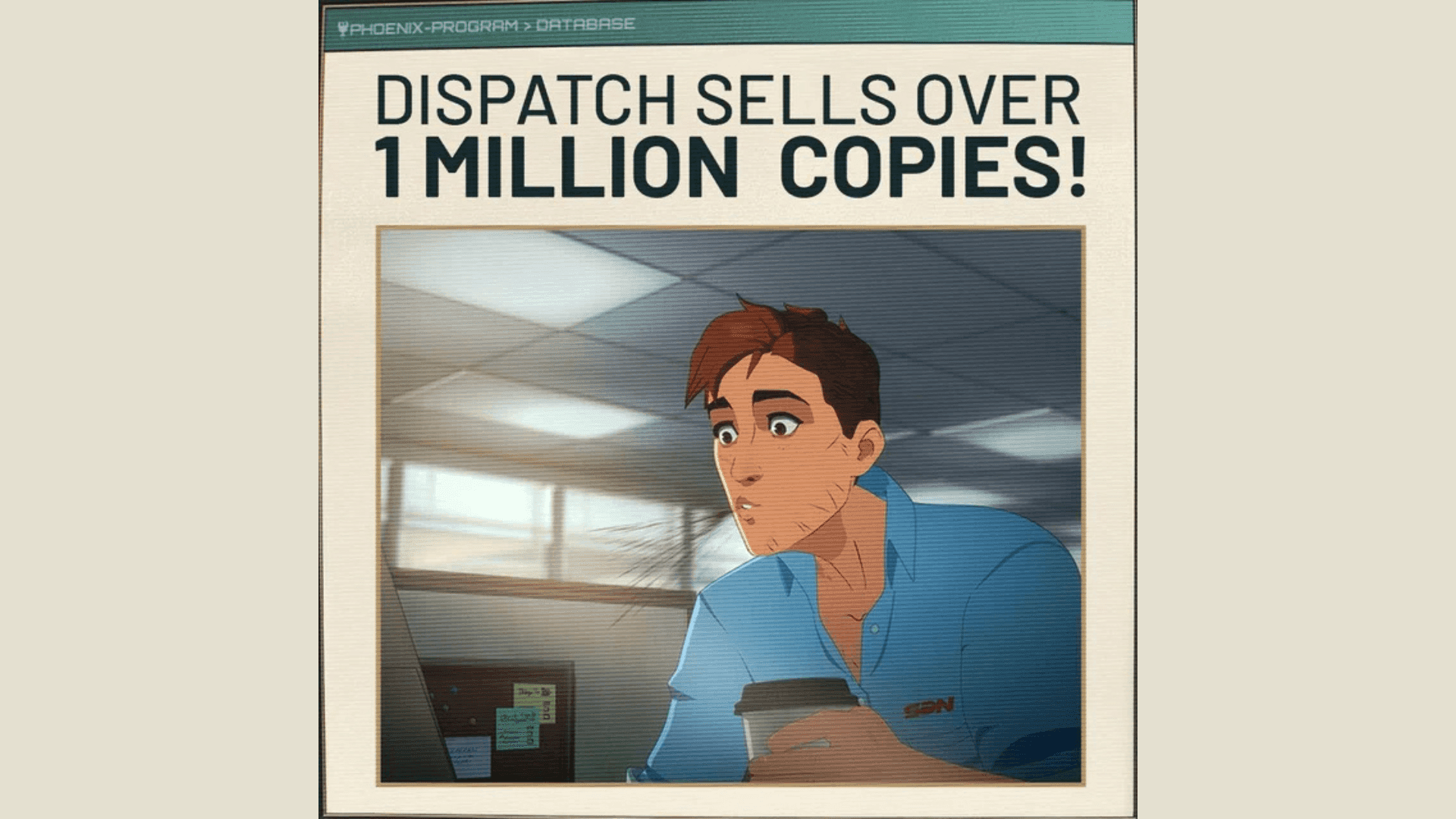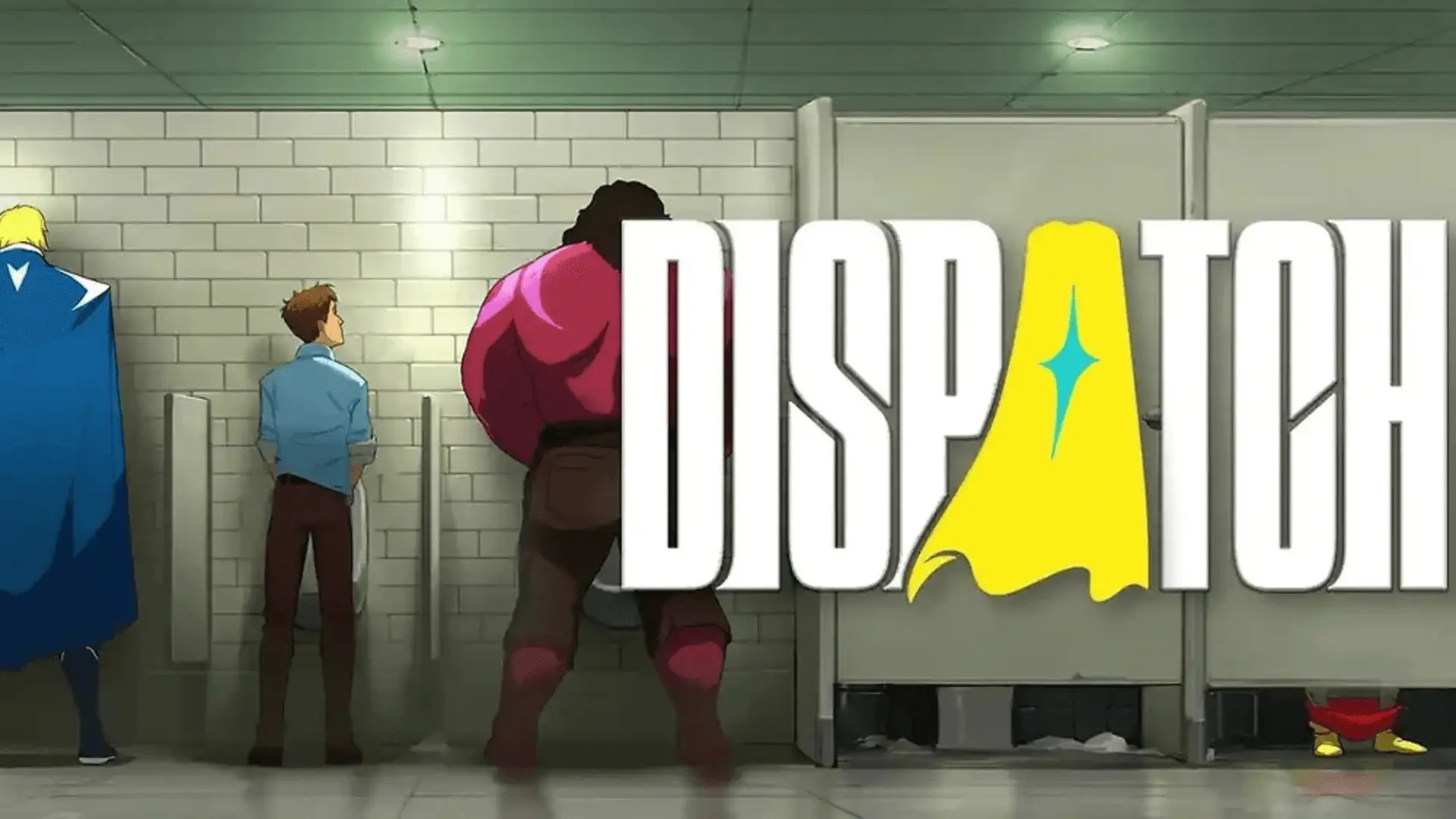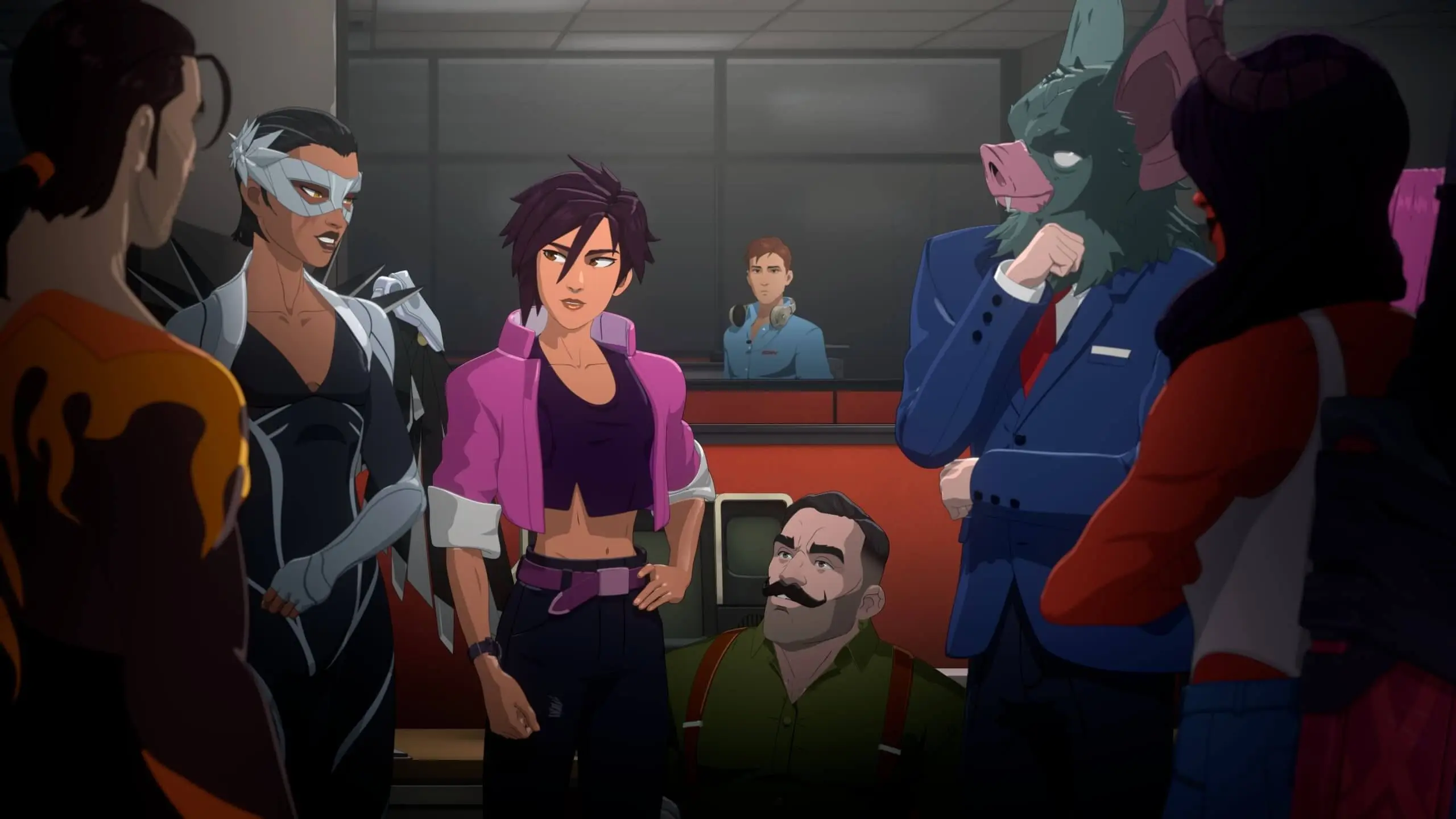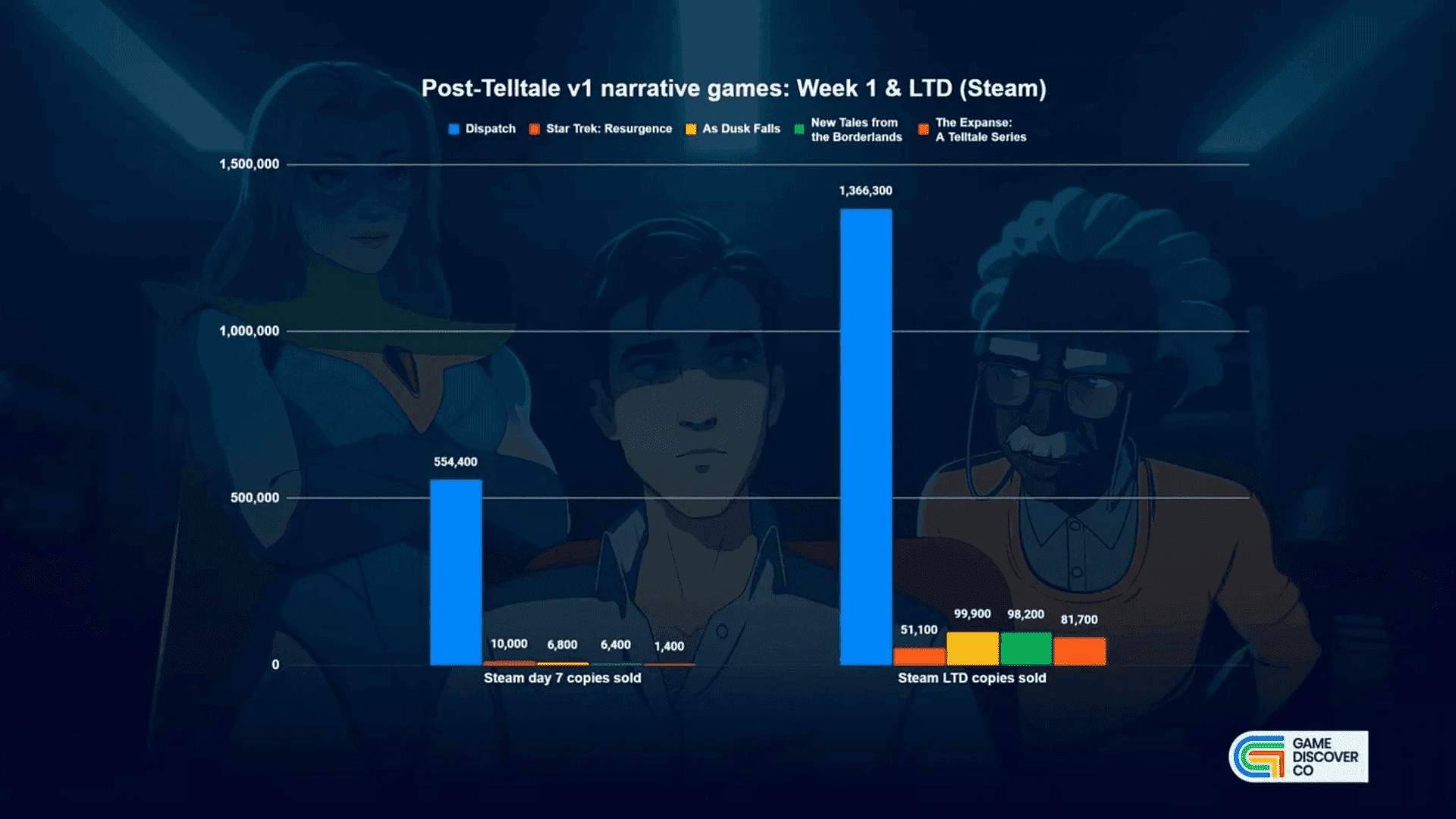AdHoc Studio’s Dispatch has reached a milestone that the studio originally expected would take three years, achieving its projected sales target in just three months. The superhero workplace comedy adventure has sold over one million copies, with player numbers increasing steadily as each weekly episode is released. The game’s final two episodes launched today, attracting players who had been waiting to experience the full story in a complete “box set” format.
Founders of AdHoc Studio view this success as evidence that narrative-driven adventure games, reminiscent of older Telltale titles, remain a viable market despite skepticism from investors. Creative director Nick Herman noted that the game’s performance could influence future projects in the genre, stating that it opens conversations about how storytelling-focused games can succeed commercially.
Consistent Player Growth Through Episodic Releases
Unlike many Steam launches that see an initial surge followed by rapid declines, Dispatch has maintained a steady increase in player engagement. At launch, the game recorded roughly 12,000 concurrent players. After episodes three and four were released, concurrent users rose to 65,000, and the following week that number doubled to 131,000.
This growth reflects the game’s episodic release strategy, which mirrors a network television model. Players are encouraged to return weekly, and many prefer to wait until all episodes are available before purchasing the full game. According to Herman, word of mouth, streamer attention, and press coverage - though initially delayed - also contributed to the ongoing increase in player engagement.
Navigating the Challenges of Story-Driven Game Development
AdHoc Studio encountered difficulties securing funding for Dispatch due to its focus on storytelling over traditional, data-driven gameplay metrics. Investors accustomed to measurable outcomes often struggle to evaluate games where success depends on script quality, animation, direction, and voice acting. Herman compared this to evaluating a Formula One team based only on the cars, rather than the drivers, emphasizing that both creative and technical elements are essential for this type of game.
Several of AdHoc Studio’s founders are former Telltale veterans who drew lessons from the company’s closure in 2018. While initial investors were skeptical, the studio eventually partnered with Critical Role, a media company known for tabletop role-playing content, which provided both financial support and access to voice acting talent.
Professional Voice Acting Remains a Priority
Dispatch features high-profile voice talent, including Aaron Paul and Jeffrey Wright. The studio has deliberately avoided AI-generated voices, arguing that professional performances are critical to the game’s storytelling. Herman said that AI cannot replicate the nuances and unexpected depth delivered by professional actors, and Choung added that the studio prioritizes creative integrity over cost-cutting measures. The commitment to human performance ensures that the game maintains a level of engagement that would be difficult to achieve through AI alone.
The Future of Narrative-Focused Games
The commercial performance of Dispatch suggests that narrative-driven adventure games remain viable in today’s gaming market. By combining episodic storytelling, strong voice acting, and a strategic release model, AdHoc Studio has demonstrated that games focused on narrative and performance can attract a wide audience and maintain player engagement over time.
Frequently Asked Questions (FAQs)
How many copies has Dispatch sold?
Dispatch has sold over one million copies within three months of release.
How is Dispatch structured?
The game is released episodically, with new episodes coming out weekly, allowing players to follow the story over time or wait for the full release.
Who are the main voice actors in Dispatch?
The cast includes Aaron Paul and Jeffrey Wright, among other professional actors.
Did AdHoc Studio use AI voices in Dispatch?
No, the studio prioritized professional voice acting over AI-generated voices to maintain the quality and emotional impact of performances.
What inspired the episodic release model?
The developers modeled the release on network television, providing weekly episodes to maintain engagement and replicate the anticipation of serialized storytelling.
Is Dispatch considered a success?
Yes, the game has exceeded its three-year sales target within three months, demonstrating strong market interest in narrative-focused adventure games.




